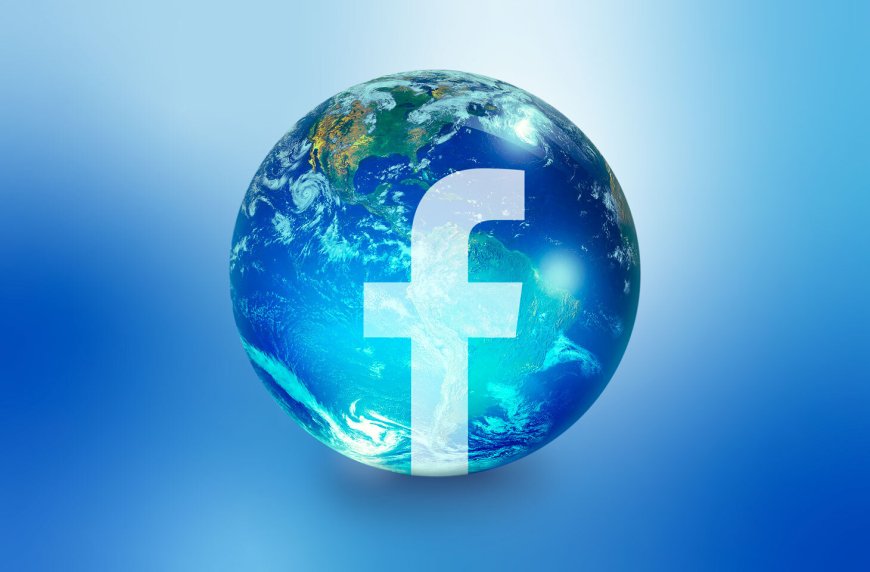The Double-Edged Sword: How Facebook Fosters Both Connection and Conflict
The Double-Edged Sword: How Facebook Fosters Both Connection and Conflict

The impact of social media has never been more evident. Since the July Revolution, its role has intensified, especially as Facebook has become vital for coordinating shelter, protection, and medical assistance in crisis-stricken areas of Bangladesh. It has empowered a nation to overcome challenges that once seemed insurmountable. However, like a double-edged sword, social media also serves as a breeding ground for division, misinformation, and hostility. Our society's crisis of empathy now unfolds on a grand scale in the online realm.
Every morning, I instinctively reach for my phone, scrolling through Facebook. More often than not, I stumble upon disturbing headlines, such as "Family of five perishes in fire at Hindu household," only to find the comments flooded with mockery. Remarks filled with "Alhamdulillah" accompany these tragedies, highlighting how grave news has become fodder for divisive and dehumanizing discourse. This issue transcends religious boundaries, with reactions to reports involving political figures, violence against women, and the displacement of indigenous minorities often tainted by prejudice.
The 'react' feature on Facebook further trivializes these serious matters. Much like a sitcom laugh track, reactions guide our emotional responses, and malicious users exploit this mechanism to spread discord. As certain reaction norms take hold, others feel compelled to conform to the prevailing sentiment.
Innocuous memes have also taken on a disproportionate influence in shaping public opinion. When a person with significant reach expresses their biases through a meme, it can quickly gain traction, lending it an appearance of credibility. Such memes prompt followers to adopt opinions they did not form themselves, creating a perpetual cycle of misinformation. We seek statistical significance but often overlook the biases embedded in online "facts."
A second pressing issue is Facebook's unchecked spread of information, regardless of its accuracy. This susceptibility is no longer limited to older users; it has permeated various demographics. After August 5, the platform was inundated with exaggerated claims, including false allegations against religious minorities and bizarre rumors of bodies found near Parliament. Misinformation thrived when someone hinted at a foreign threat during a Facebook Live session, inciting widespread public panic.
In the revolution's aftermath, people rushed to idolize unfamiliar figures, embracing a mix of dubious heroes and self-proclaimed prophets. The platform is rife with cherry-picked headlines and unverified claims, often disseminated by those who prefer to simplify complex histories rather than investigate. Although these posts may appear superficially credible, they lack factual integrity yet gain traction for their convenience.
It is time to discard the passive approach that allows any piece of online information to masquerade as truth. We must resist the urge to form opinions based solely on popular comments and reactions. Instead, we should ask ourselves: Did I independently form this opinion, or was it handed to me, pre-shaped by the whims of social media?
Like all transformative technologies, Facebook carries significant risks. To navigate its complexities safely, we need a discerning mindset. We must avoid knee-jerk reactions to sensational headlines and provocative posts, refusing to let impulsive comments cloud our judgment. Instead, we should turn to a variety of reliable sources—books, newspapers, academic journals, and documentaries—that provide a broader spectrum of truth. Only by considering diverse perspectives can we arrive at an informed understanding of the world around us.
The views expressed in this article are solely those of the author and do not necessarily reflect the editorial stance of the newspaper.
What's Your Reaction?




















































































